News / Obelisk
- Details
- Written by Kim Roca
-
Published: 06 December 2016
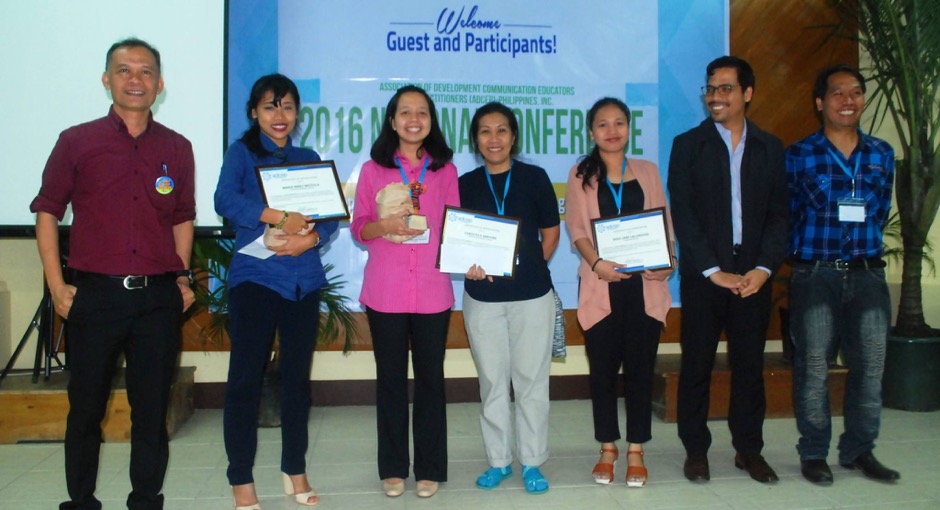
VSU Alumna Irish Jane Calungsod, a BS Development Communication graduate, was accorded a ‘Silver Award’ for her paper presented during the 2016 Association of Development Communication Educators and Practitioners (ADCEP) National Conference held at Benguet State University, La Trinidad, Benguet, December 1-5.
Read more ...- Details
- Written by ELTBestil
-
Published: 06 December 2016
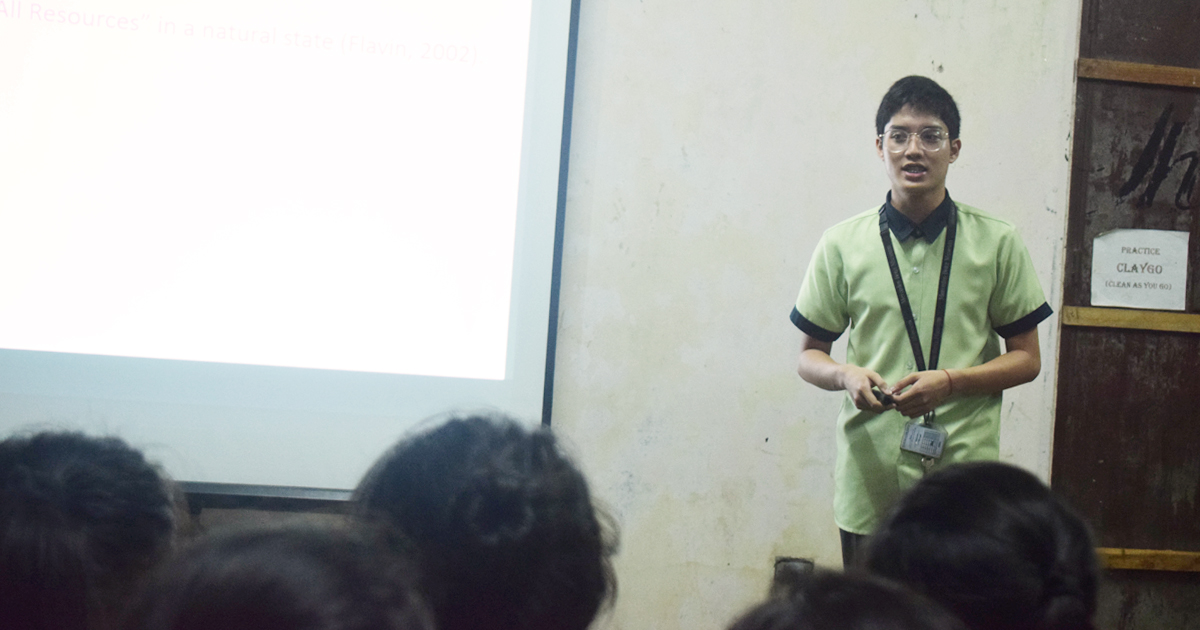
As part of their environmental awareness campaign, senior environmental management (Envi Mgt) students at VSU assessed the level of awareness among students on the value of the campus’s environmental resources which revealed unexpected results.
Read more ...- Details
- Written by ELTBestil
-
Published: 25 November 2016

VSU joins the “Orange-Your-Icon” initiative led by the Philippine Commission on Women (PCW) to help create awareness on violence against women (VAW).
Read more ...- Details
- Written by Kim Roca
-
Published: 02 December 2016
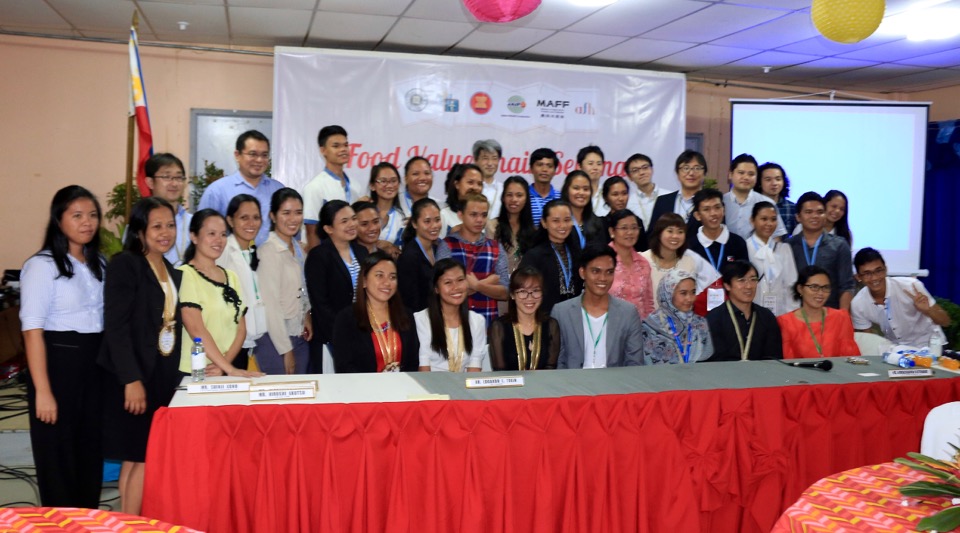
The Japan-ASEAN Integration Fund (JAIF) opened scholarships for food technology graduates of the Visayas State University (VSU) during the Food Value Chain (FVC) seminar held at VSU on December 1-2, 2016.
Read more ...- Details
- Written by Kim Roca
-
Published: 23 November 2016
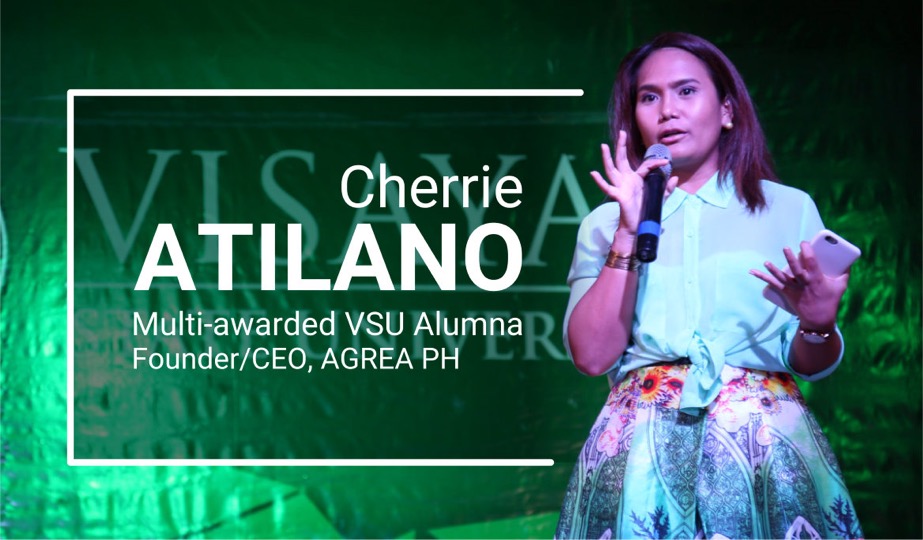
Cherrie Atilano’s passion for agriculture started at a young age. Her love for farming deeply rooted from her parents’ desire to help elevate the lives of Filipino farmers and their family.
Read more ...- Details
-
Published: 02 December 2016

Christmas is in the air at VSU.
The Yuletide season has started at Visayas State University, with the lighting of Christmas symbols, a grand fireworks display and live jams at the VSU mall, December 1, 2016.
Read more ...- Details
- Written by Aliana Gene Sarmiento
-
Published: 22 November 2016
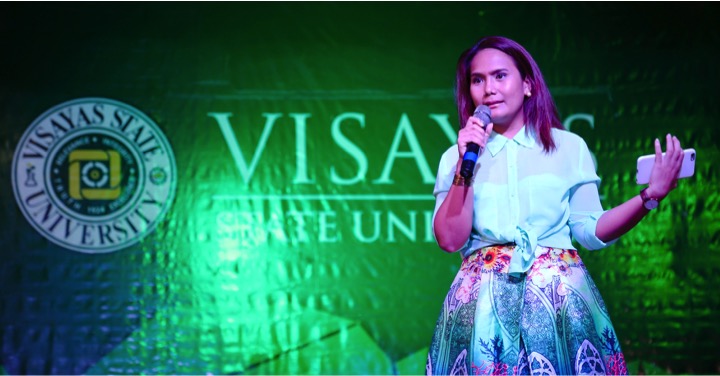
Cherrie Atilano, VSU alumna and one of the 2016 Ten Outstanding Women in the Nation’s Service, said being a farmer is cool, smart, sexy, and humane, during a forum on leadership and civic engagement at the VSU Convention Center, November 21.
Read more ...- Details
- Written by ELTBestil
-
Published: 28 November 2016
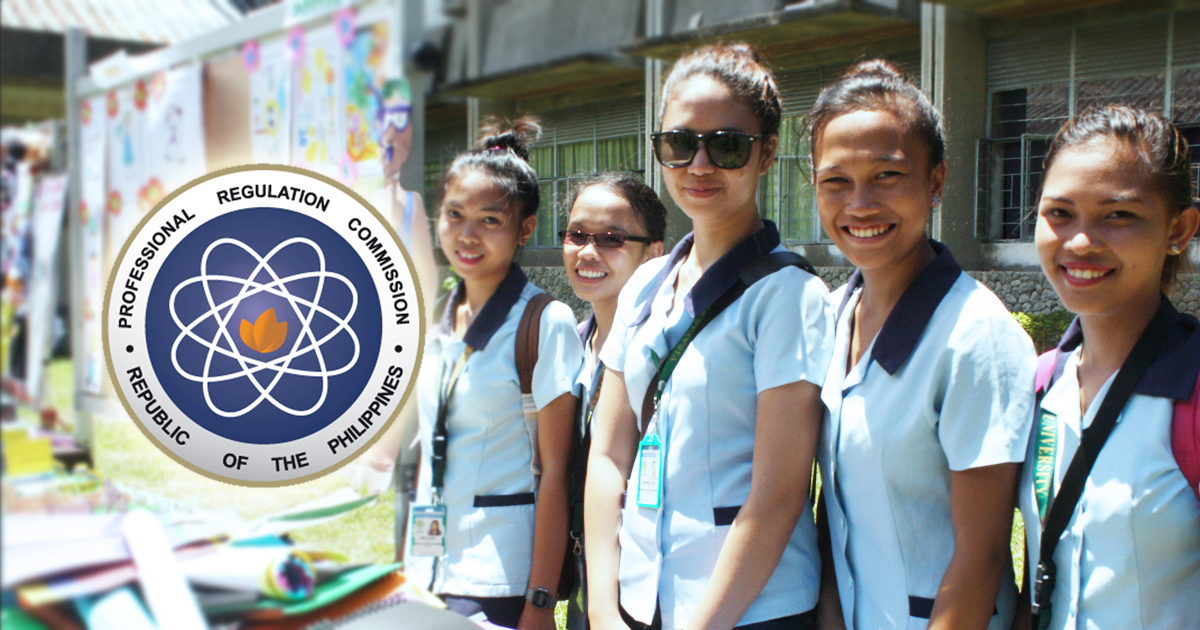
A VSU Tolosa campus graduate joined the top ten passers of the September 2016 Licensure Examination for Teachers (LET), the Professional Regulation Commission (PRC) disclosed, November 28.
Read more ...- Details
- Written by ELTBestil
-
Published: 22 November 2016
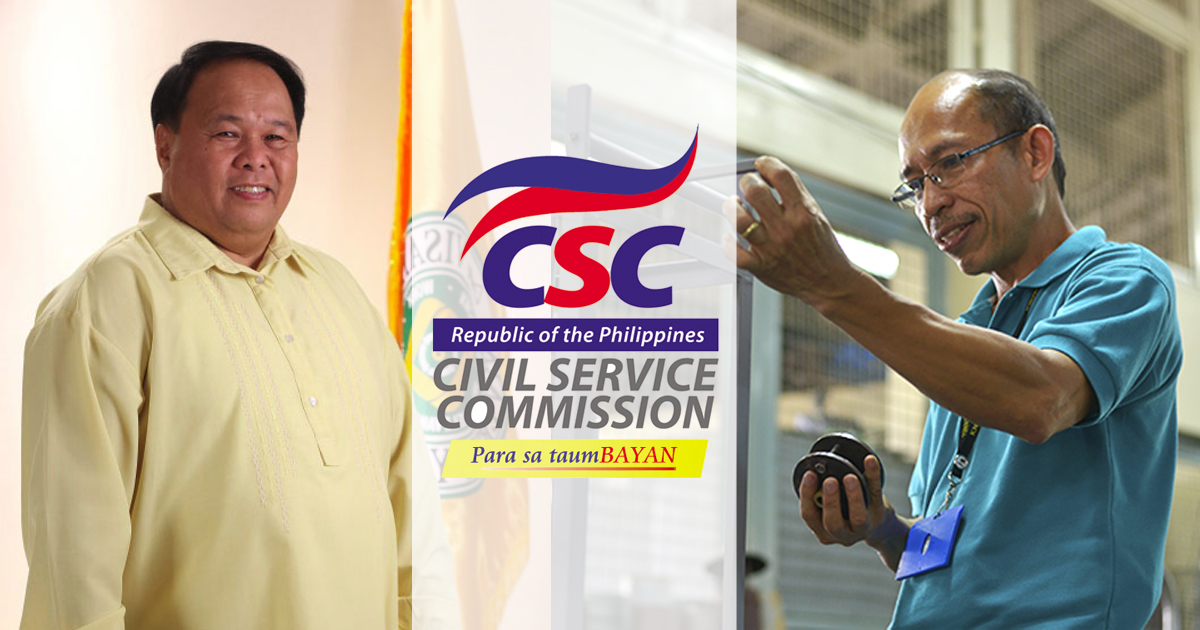 Dr. Orge's photo courtesy of PhilRice.
Dr. Orge's photo courtesy of PhilRice.
Two of VSU’s accomplished alumni were shortlisted for the 2016 National Presidential Lingkod Bayan Award by the Civil Service Commission (CSC).
Read more ...
